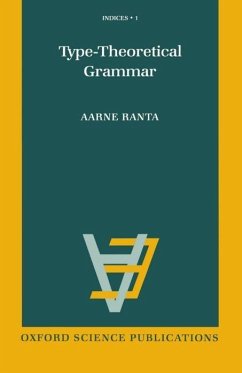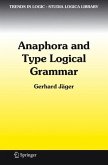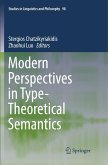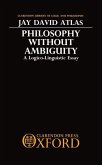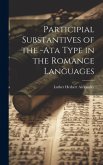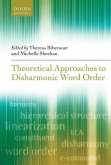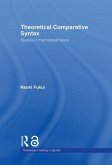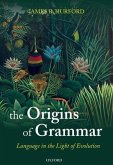It is the aim of INDICES to document recent explorations in the various fields of philosophical logic and formal linguistics and their applications in other disciplines. The main emphasis of this series is on self-contained monographs covering particular areas of recent research and surveys of methods, problems, and results in all fields of inquiry where recourse to logical analysis and logical methods has been fruitful. INDICES will contain monographs dealing with the central areas of philosophical logic (extensional and intensional systems, indexical logics, non-classical logics, philosophy of logic, etc.) as well as studies in which these systems are applied to specific issues in philosophy, in the formal semantics of natural languages, the foundations of linguistic theory, in computational linguistics, and in theoretical computer science. Constructive type theory was first presented in 1970, by the Swedish logician Per Martin-Lof. It has become one of the main approaches used in the foundations of mathematics and computer science. But it has remained relatively unknown among linguists and philosophers, although it provides a considerable extension of the concepts and techniques of logic. The book first gives an introduction to type theory from the point of view of linguistics and the philosophy of language. Type theory is then applied in the areas of quantification, anaphora, temporal reference, and the structure of text and discourse. By virtue of the type-theoretical concepts of proof object and context, various phenomena of dependence and progression in language can be discussed in precise terms, and several well-known problems can be solved. A categorial grammar is presented togenerate formally a fragment of English, together with an example of a computer implementation.
Hinweis: Dieser Artikel kann nur an eine deutsche Lieferadresse ausgeliefert werden.
Hinweis: Dieser Artikel kann nur an eine deutsche Lieferadresse ausgeliefert werden.

